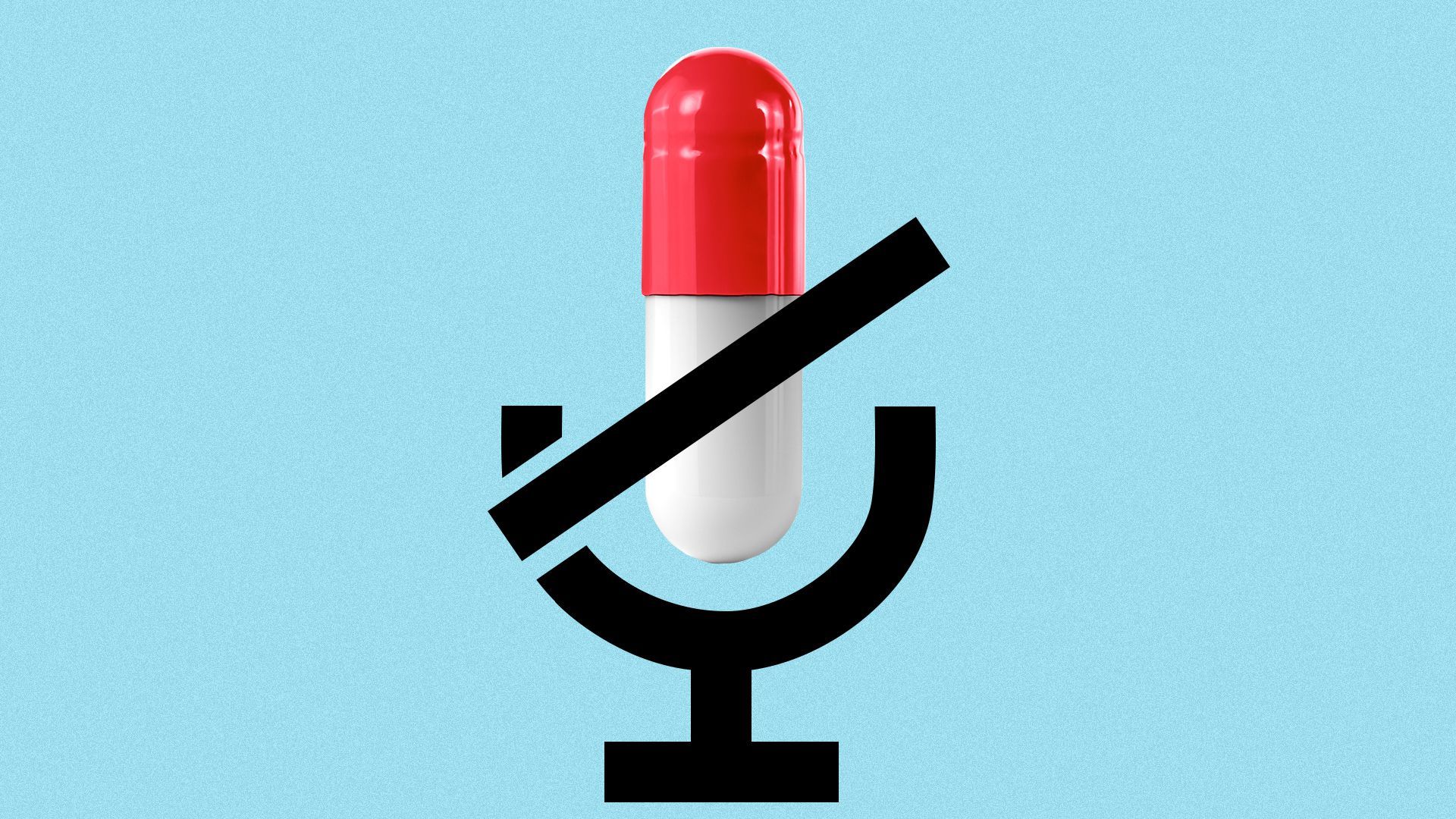| One of the largest drug pricing coalitions in the country makes it almost impossible for employers to understand whether they're getting a good deal, Axios' Bob Herman reports. Why it matters: Documents provided to Axios reveal a new layer of secrecy within the maze of American drug pricing, and the difficulty employers can have obtaining their own drug data. How it works: Big consulting firms work with pharmacy benefit managers to organize drug pricing coalitions, pulling Fortune 500 companies and other large employers into purchasing agreements that, in theory, maximize negotiating power. Zoom in: Aon, a major global consulting firm, runs a coalition with more than 400 large companies and 2.4 million insured people, according to coalition documents provided to Axios. - Aon works exclusively with the three dominant PBMs: Express Scripts, CVS Caremark and OptumRx.
- Employers paid between $20,000 and $300,000 in 2020 to be part of Aon's coalition, depending on their size, according to the documents.
Details: The Aon coalition documents place tight limits on employers' ability to access information about their drug costs — and on their ability to analyze that data, if they can get it. - A confidentiality agreement between Aon and third-party vendors stipulates that if employers hire vendors to audit the coalition's data, vendors "shall never include [a drug's average wholesale price], ingredient cost, or member cost share or any other information that could be used to derive the [coalition's] proprietary pricing information" in reports they provide to employers.
What we're hearing: Several people who work in the industry, who asked not to be named due to the confidential nature of coalitions, said most employers, regardless of how big they are, have no idea what they're giving up when they enter coalitions. - "PBMs and consultants will work very hard to convince employers they have employers' best interests at heart — until you ask for data," a longtime drug benefits expert said.
What they're saying: Executives at Aon and Express Scripts declined several interview requests. - Aon said in a statement that members of its coalition saved, on average, 18% on their drug costs in 2020, but did not address Axios' questions about the documents or data rights.
- After Axios first reached out to Aon about the documents, an outside law firm hired by Express Scripts sent a cease-and-desist letter demanding that Axios identify the source of the leaked documents and destroy all such documents.
The bottom line: Secretive contracts, which are nothing new in health care, are blocking employers from understanding whether they are paying reasonable drug prices. Go deeper. | 









No comments:
Post a Comment